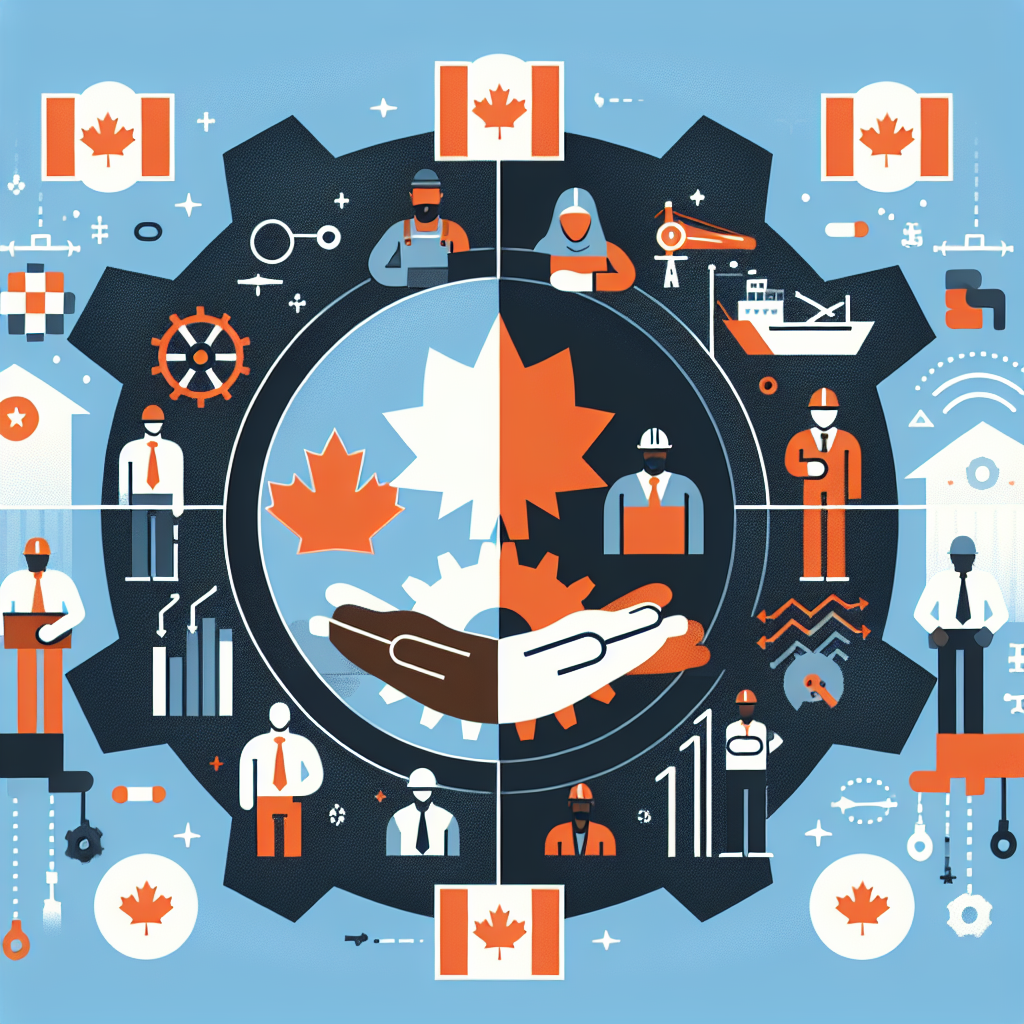
Trade tariffs have become a pivotal issue for Canada's economy, particularly affecting sectors deeply intertwined with exports to the United States. As the world navigates complex trade relationships, Canada faces unique challenges that have reshaped its job market, notably in manufacturing and retail.
Canada's manufacturing industry, especially the automotive and metals sectors, has been hard hit by U.S.-imposed tariffs. In May 2025, the national unemployment rate surged to 7%, marking a significant rise outside of the COVID-19 pandemic period. Ontario, a manufacturing powerhouse, suffered considerably with Windsor experiencing an unemployment rate of 10.7%. The loss of 31,000 manufacturing jobs in April 2025 highlights the severe impact of these tariffs.
The ripple effect of trade tensions extends to the retail sector, where sales fell by 1.1% in May 2025. The automotive and food and beverage segments saw notable declines, with consumer spending reflecting the economic strain. This downturn is a direct consequence of the ongoing trade disputes and tariffs, which have dampened consumer confidence and spending power.
Despite a slight easing in tariff-related concerns, Canadian businesses remain cautious. The Bank of Canada's Business Outlook Survey indicates a reduction in firms expecting higher costs due to tariffs, yet hiring and investment plans remain conservative. The business outlook indicator has reached its lowest point in a year, signaling uncertainty in the economic environment.
In retaliation to U.S. tariffs, Canada has imposed its own measures, including tariffs on U.S. vehicles. Prime Minister Mark Carney announced these actions to mitigate damage to the Canadian economy while impacting the U.S. A strategic response fund of CA$2 billion has been established to support affected workers, demonstrating the government's commitment to cushioning the blow of tariffs.
In navigating these turbulent times, businesses and job seekers can adopt several strategies:
Trade tariffs present a formidable challenge to Canada's job market, reshaping the economic landscape. By implementing strategic responses and fostering innovation, businesses and job seekers can better adapt to this evolving environment and thrive despite the hurdles posed by international trade tensions.